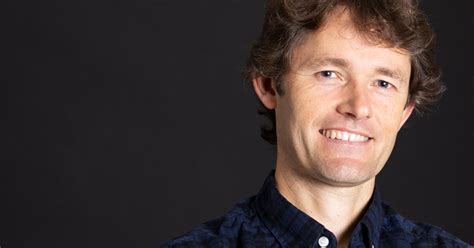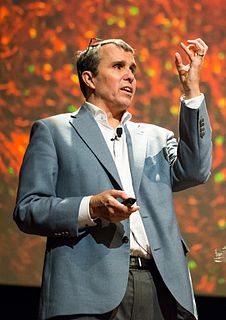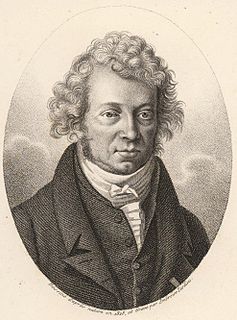A Quote by Robert Southey
How little do they see what is, who frame their hasty judgments upon that which seems.
Related Quotes
We all have a little weakness, which is very natural but rather misleading, for supposing that this epoch must be the end of the world because it will be the end of us. How future generations will get on without us is indeed, when we come to think of it, quite a puzzle. But I suppose they will get on somehow, and may possibly venture to revise our judgments as we have revised earlier judgments.
I think it's impossible to predict the future but it is possible to look at the past and see how one can do differently from what one's ancestors have done and learn from their mistakes, and one can see how even though there are enormous forces which stop one doing what one wants to, there are little holes in which the individual can do something.
Painting seems to be to the eye what dancing is to the limbs. When that has educated the frame to self-possession, to nimbleness,to grace, the steps of the dancing-master are better forgotten; so painting teaches me the splendor of color and the expression of form, and as I see many pictures and higher genius in the art, I see the boundless opulence of the pencil, the indifferency in which the artist stands free to choose out of the possible forms.
It is not the actions of others which trouble us (for those actions are controlled by their governing part), but rather it is our own judgments. Therefore remove those judgments and resolve to let go of your anger, and it will already be gone. How do you let go? By realizing that such actions are not shameful to you.
Ordinarily logic is divided into the examination of ideas, judgments, arguments, and methods. The two latter are generally reduced to judgments, that is, arguments are reduced to apodictic judgments that such and such conclusions follow from such and such premises, and method is reduced to judgments that prescribe the procedure that should be followed in the search for truth.
The sense organs, which are limited in scope and ability, randomly gather information. This partial information is arranged into judgments, which are based on previous judgments, which are usually based on someone else's foolish ideas. These false concepts and ideas are then stored in a highly selective memory system.







































